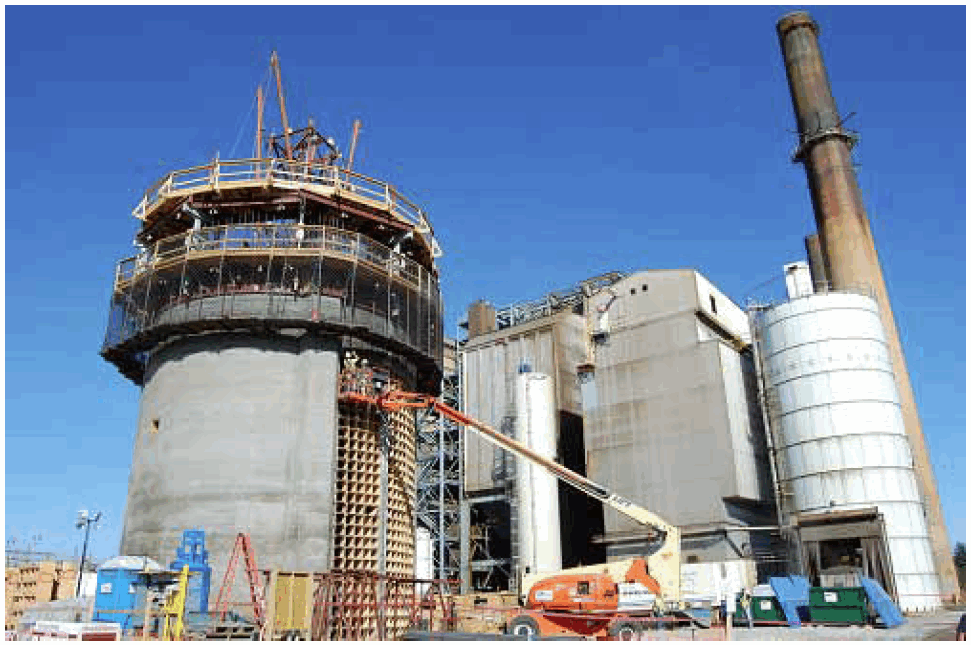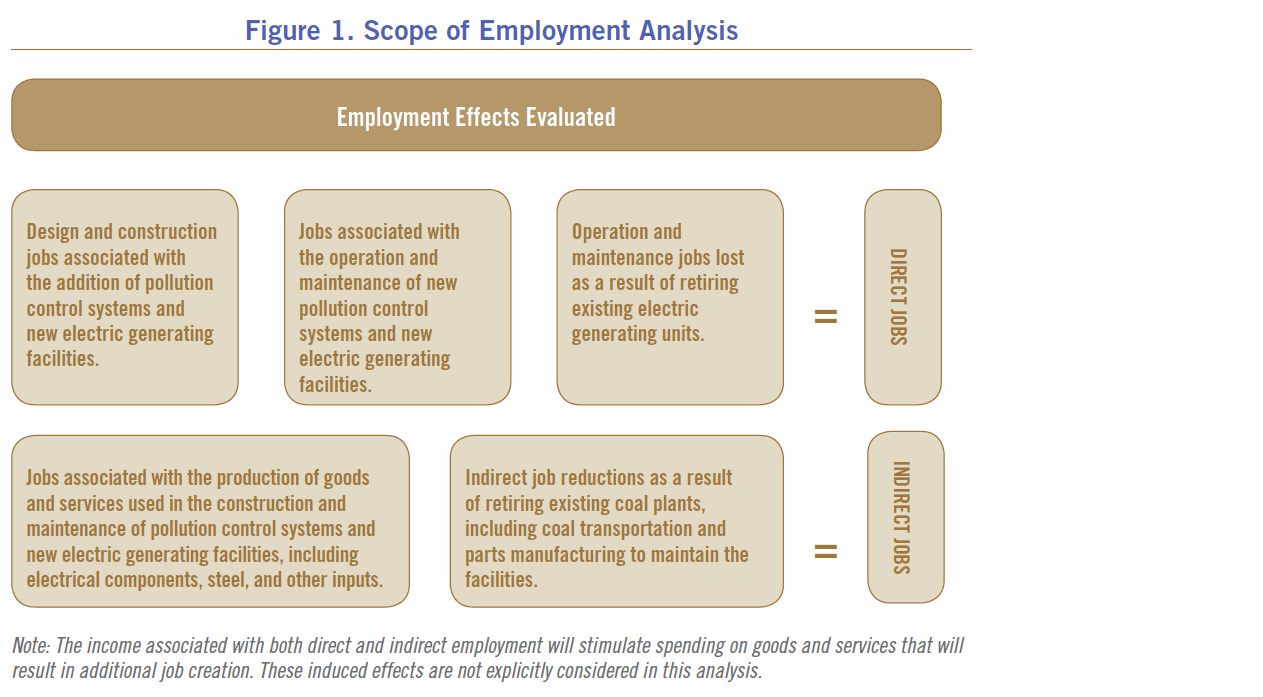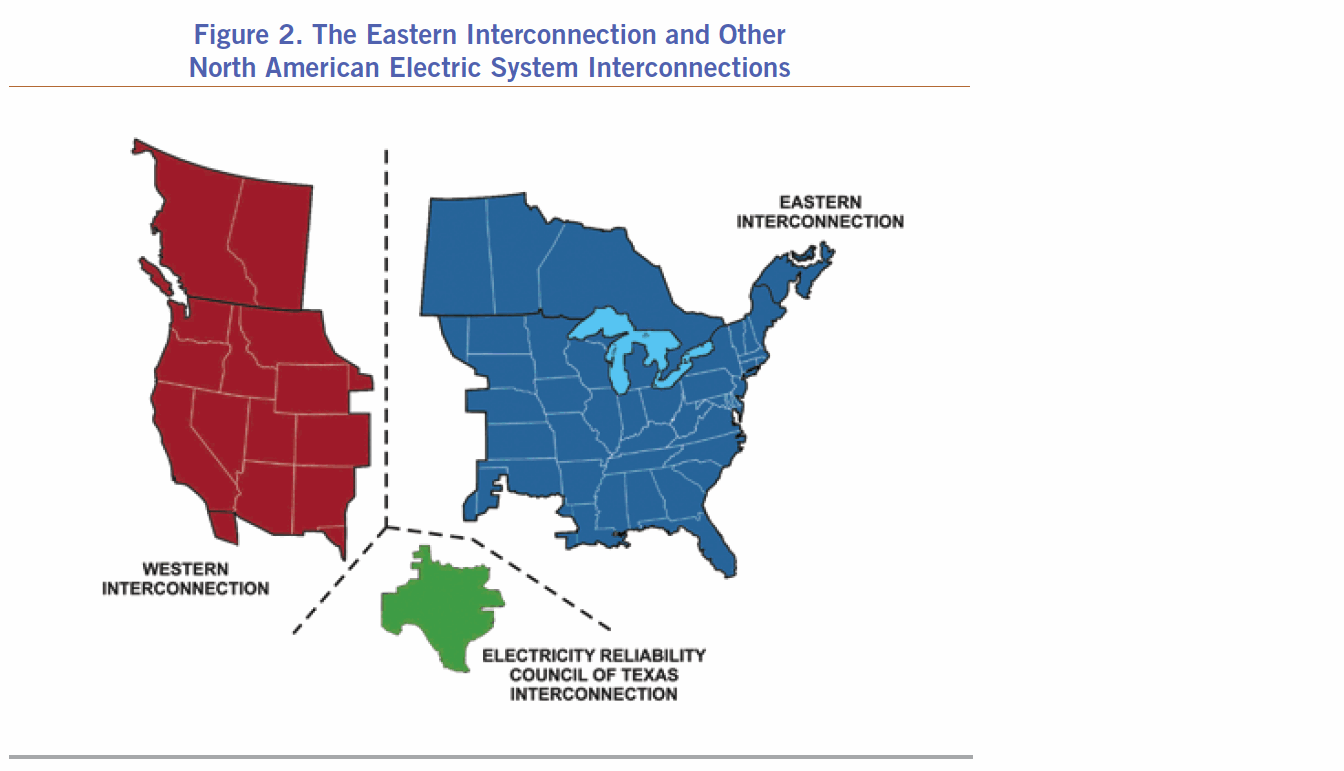CERES
FORWARD
The U.S. electric power sector is changing and modernizing in response to societal and market forces. Power companies face a business imperative to meet increasing pressures for cleaner, more efficient energy that will safeguard public health and protect the world’s climate.
These forces are already transforming the industry. Significant capital investment has been flowing in recent years to cleaner technologies such as renewable energy, energy efficiency and natural gas-fired generation. Investment to clean up and modernize the nation’s existing fossil fuel generation fleet has already begun to contribute to a cleaner energy future.
New air pollution rules expected this year from the U.S. Environmental Protection Agency will further accelerate these trends. And – as this new Ceres report shows – they will have a major added benefit: significant job creation.
Meeting new standards that limit sulfur dioxide, nitrogen oxides, mercury and other pollutants will create, in the report’s own words, “a wide array of skilled construction and professional jobs” – from the electricians, plumbers, laborers and engineers who will build and retrofit power plants all across the eastern U.S., to operation and maintenance (O&M) employees who will keep the modernized facilities running.
The report finds that investments driven by the EPA’s two new air quality rules will create nearly 1.5 million jobs, or nearly 300,000 jobs a year on average over the next five years – and at a critical moment for a struggling economy. The end product will be an upgraded, cleaner American industry, along with good paying jobs and better health for the nation’s most vulnerable citizens.
For this report, researchers at the University of Massachusetts’ Political Economy Research Institute carefully gauged the job impacts of pending and proposed EPA rules, using independent models and conservative assumptions. Its findings are especially good news for the many states, such as Ohio, Michigan, Pennsylvania, Virginia and Missouri, that are most dependent on traditional fossil fuel energy and most worried about traditional industrial jobs losses.
America’s status as one of history’s great economic powerhouses has long depended on our willingness and ability to reinvest and innovate when changing times tell us it’s time to retool. We’ve seen throughout our history that clean technology investments – whether to clean our rivers, improve our air quality or compete in the emerging low-carbon global economy – have long-term benefits that far outweigh the upfront costs.
Since 1970, investments to comply with the Clean Air Act have provided $4 to $8 in economic benefits for every $1 spent on compliance, according to the nonpartisan Office of Management and Budget. Since the passage of the Clean Air Act Amendments in 1990, U.S. average electricity rates (real) have remained flat even as electric utilities have invested hundreds of billions of dollars to cut their air pollution emissions. During the same period, America’s overall GDP increased by 60 percent in inflation-adjusted terms. The bottom line: clean air is a worthwhile investment.
Significant change is often unsettling, never without short-term costs and some dislocation. But failing to change, especially now, offers much grimmer prospects. We are entering – in fact have already entered – a great global industrial and economic realignment toward clean energy. The greatest benefits, for both today’s families and future generations, will flow to those who anticipate these changes, and take proactive steps to respond.
For our electric power sector and the workers tied to it, this report outlines why this path makes sense.
Download full report (PDF): New Jobs – Cleaner Air
About Ceres
www.ceres.org
“Ceres (pronounced “series”) is a national network of investors, environmental organizations and other public interest groups working with companies and investors to address sustainability challenges such as global climate change.”
Tags: Ceres, Clean Air Act, Coal, Energy, Environmental Protection Agency, EPA









 RSS Feed
RSS Feed